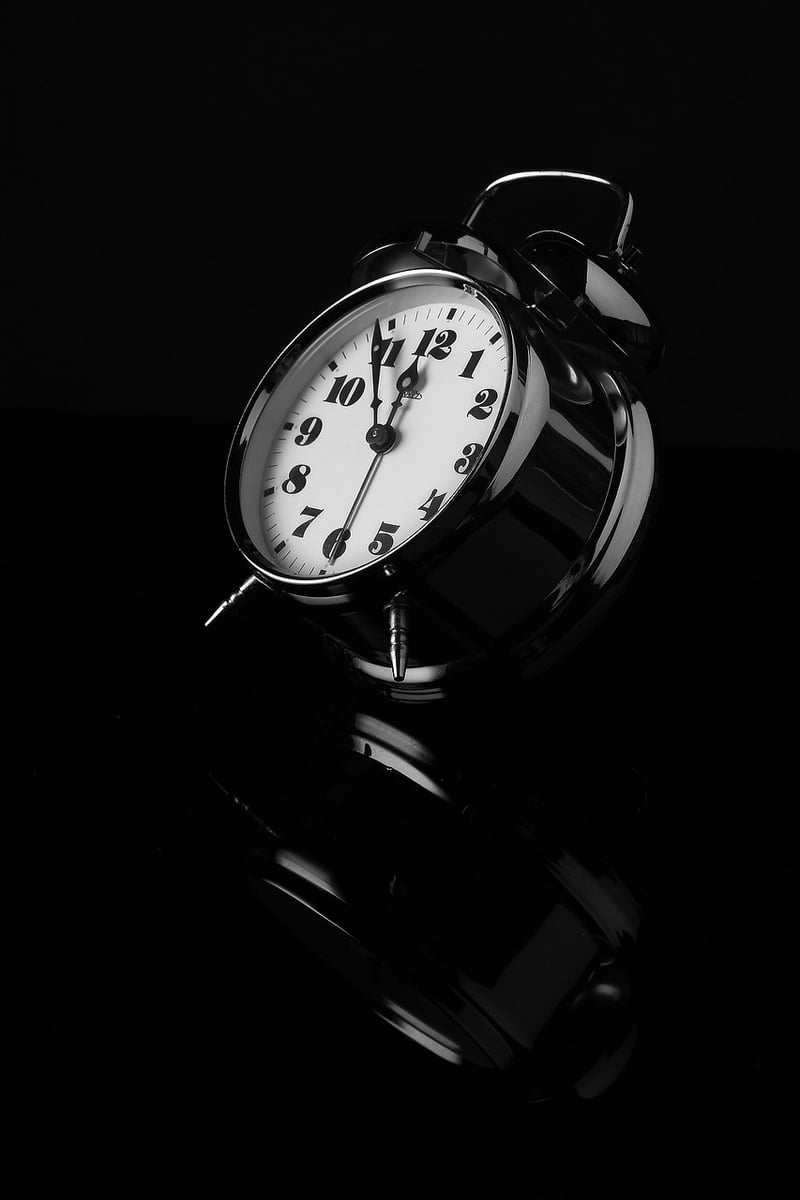Temporal Paradoxes
Beware of Time Disruptions and Temporal Paradoxes
Time travel has always been a fascinating concept, often depicted in science fiction as a thrilling adventure. However, the idea of altering the past or future comes with inherent risks – time disruptions and temporal paradoxes.
What are Time Disruptions?
Time disruptions occur when the natural flow of time is interfered with, leading to unexpected changes in the timeline. These disruptions can be caused by physical time travel, altering historical events, or even small actions that have significant consequences.
Types of Temporal Paradoxes
Temporal paradoxes are logical contradictions that arise from time travel scenarios. Some common types include:
- Grandfather Paradox: A time traveler goes back in time and prevents their grandfather from meeting their grandmother, thus preventing their own birth. This raises the question of how the time traveler could exist to go back in time in the first place.
- Bootstrap Paradox: An object or information is sent back in time in an endless loop with no origin. It's created from nowhere, leading to an infinite cycle.
- Predestination Paradox: Events are influenced by future events, which in turn create the future they came from.
Effects of Time Disruptions
Time disruptions and temporal paradoxes can have profound consequences, including:
- Altering significant historical events.
- Creating alternate timelines or parallel universes.
- Erasing individuals or entire civilizations from existence.
- Causing disruptions in the fabric of reality.
Conclusion
While the idea of time travel may be enticing, it's essential to understand the potential dangers associated with time disruptions and temporal paradoxes. Proceed with caution, lest you unravel the very fabric of time itself.

Remember, time is a delicate construct that should not be tampered with lightly.
Stay vigilant and be wary of the consequences of disrupting the space-time continuum!
